|
New
Releases |
January 16, 2026

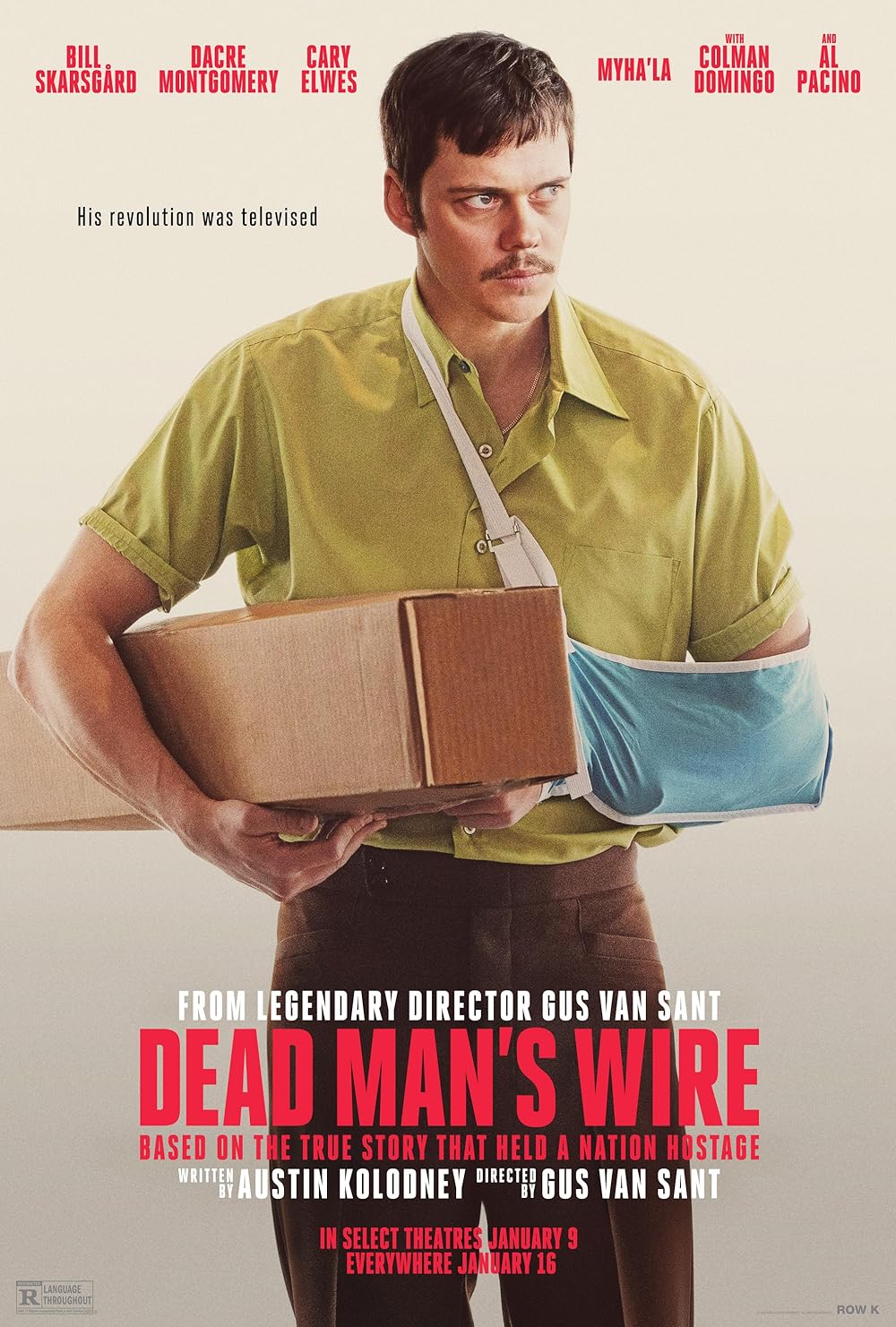

 |
January 9, 2026

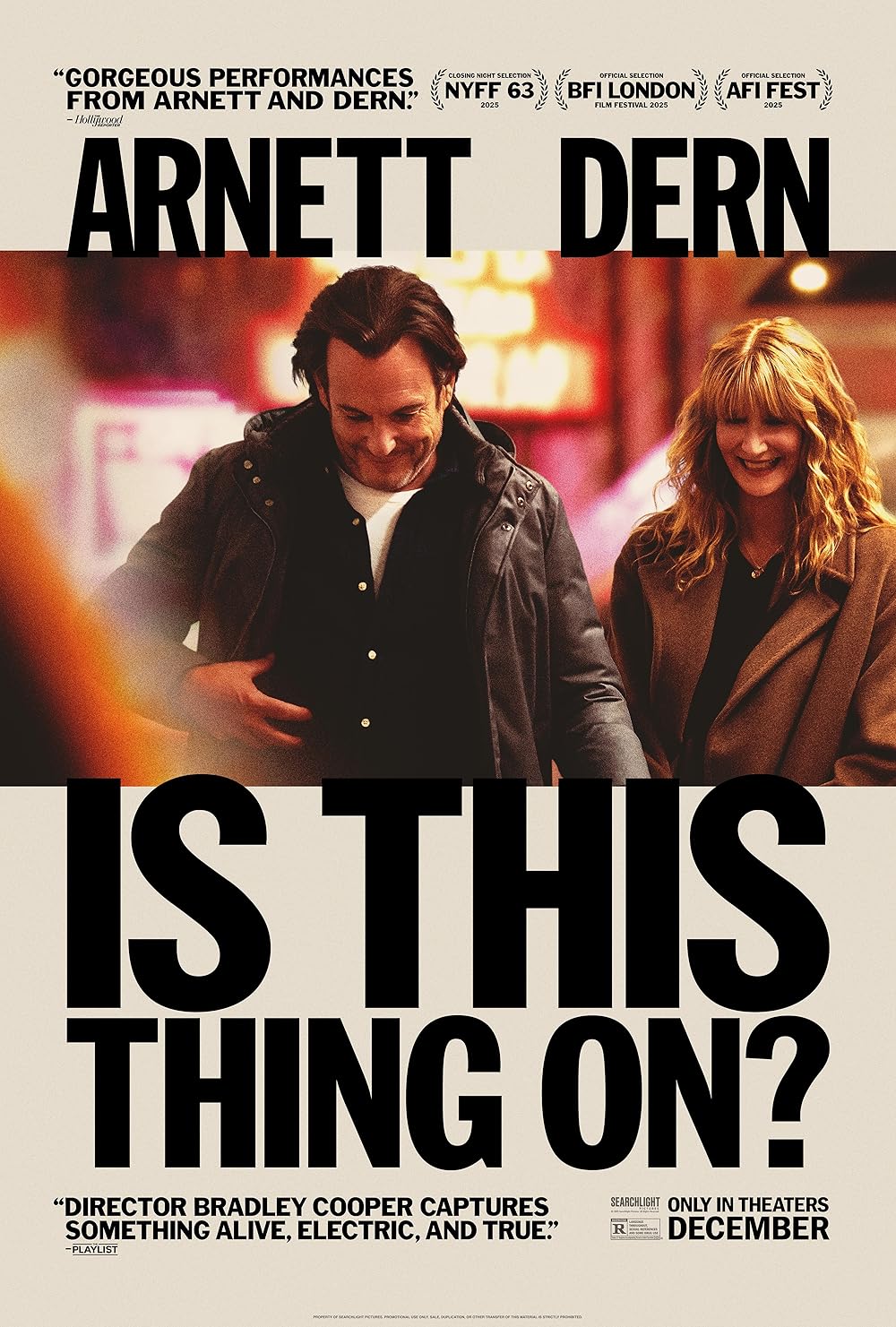 |
January 2, 2026
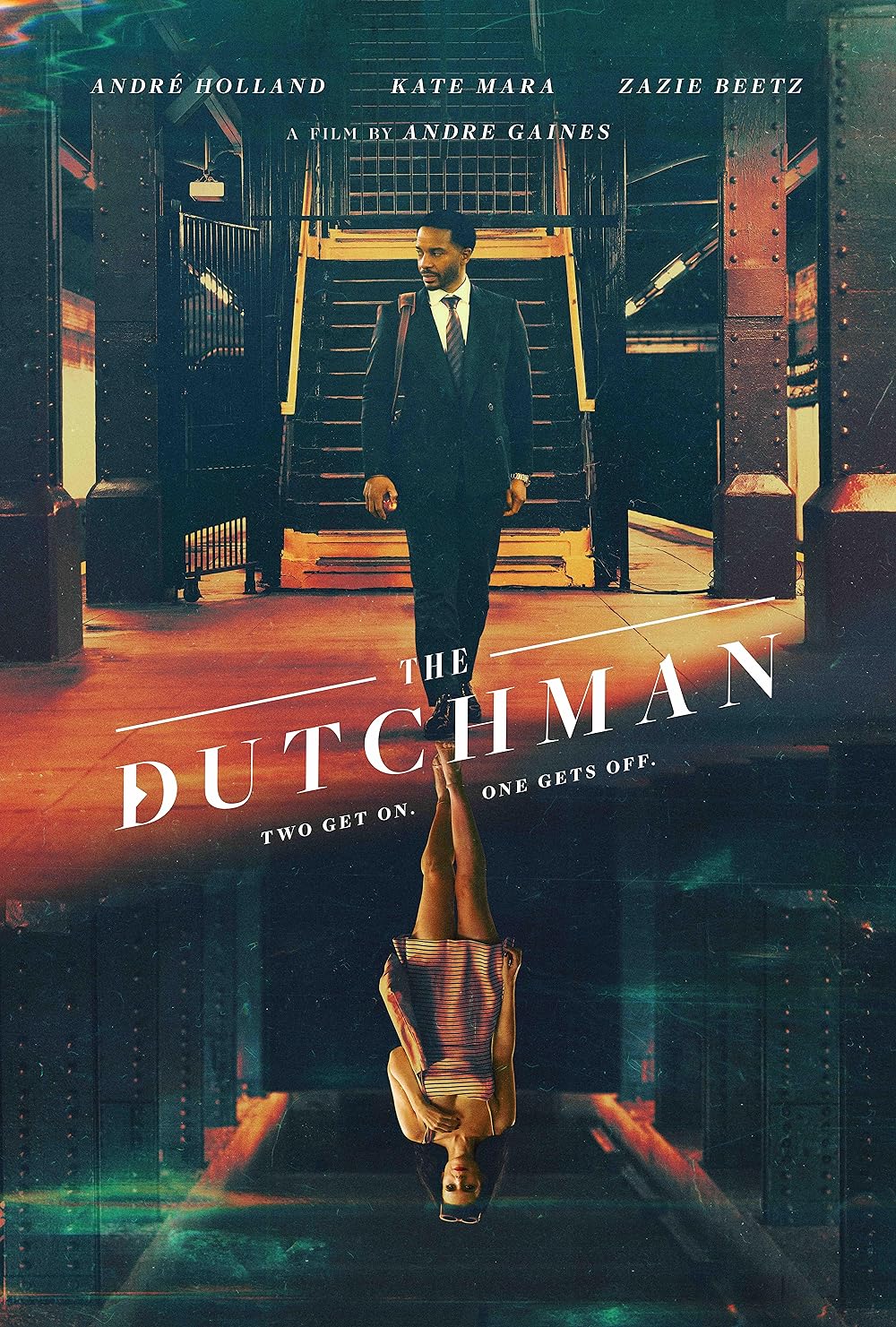
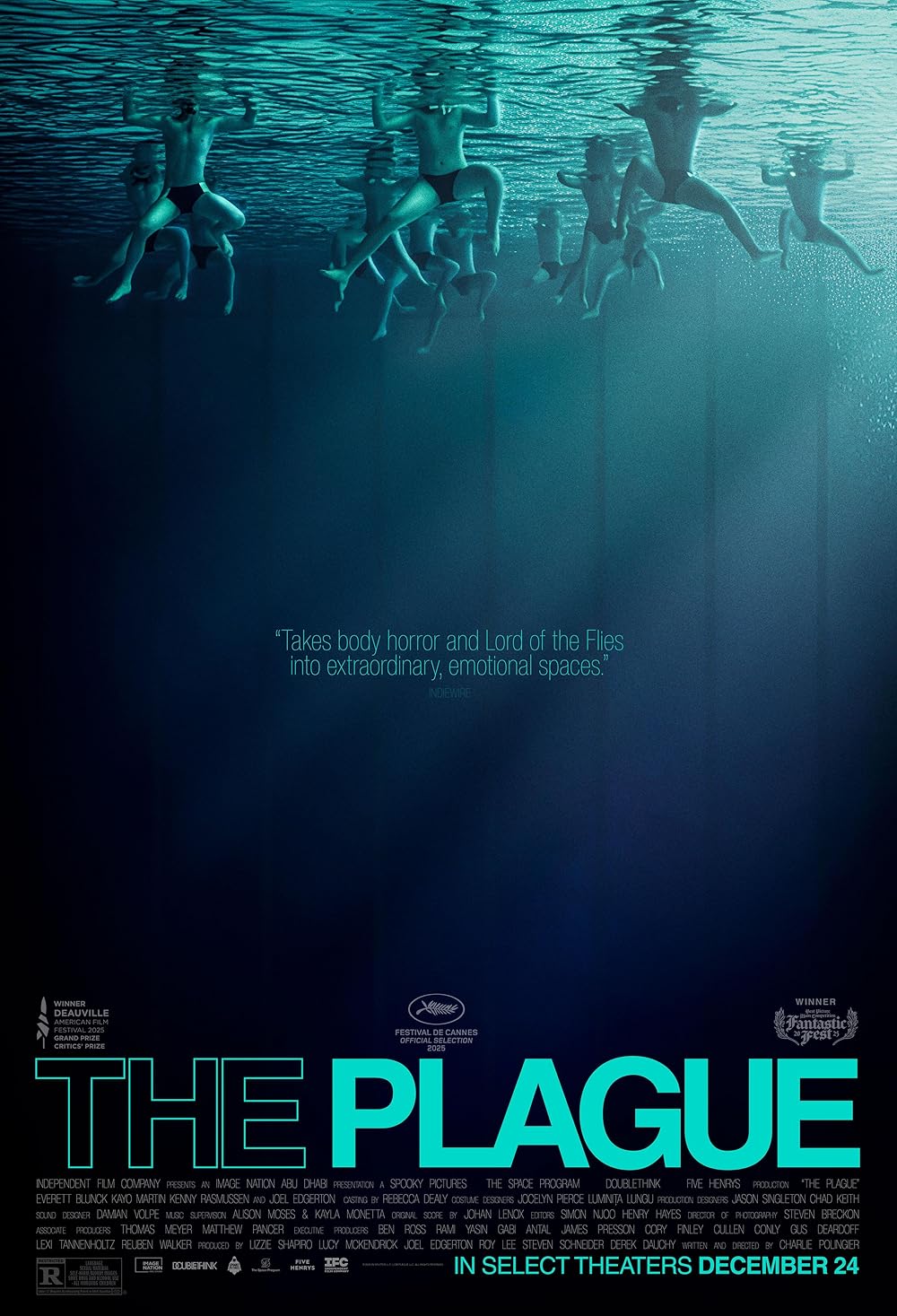
 |
December 26, 2025





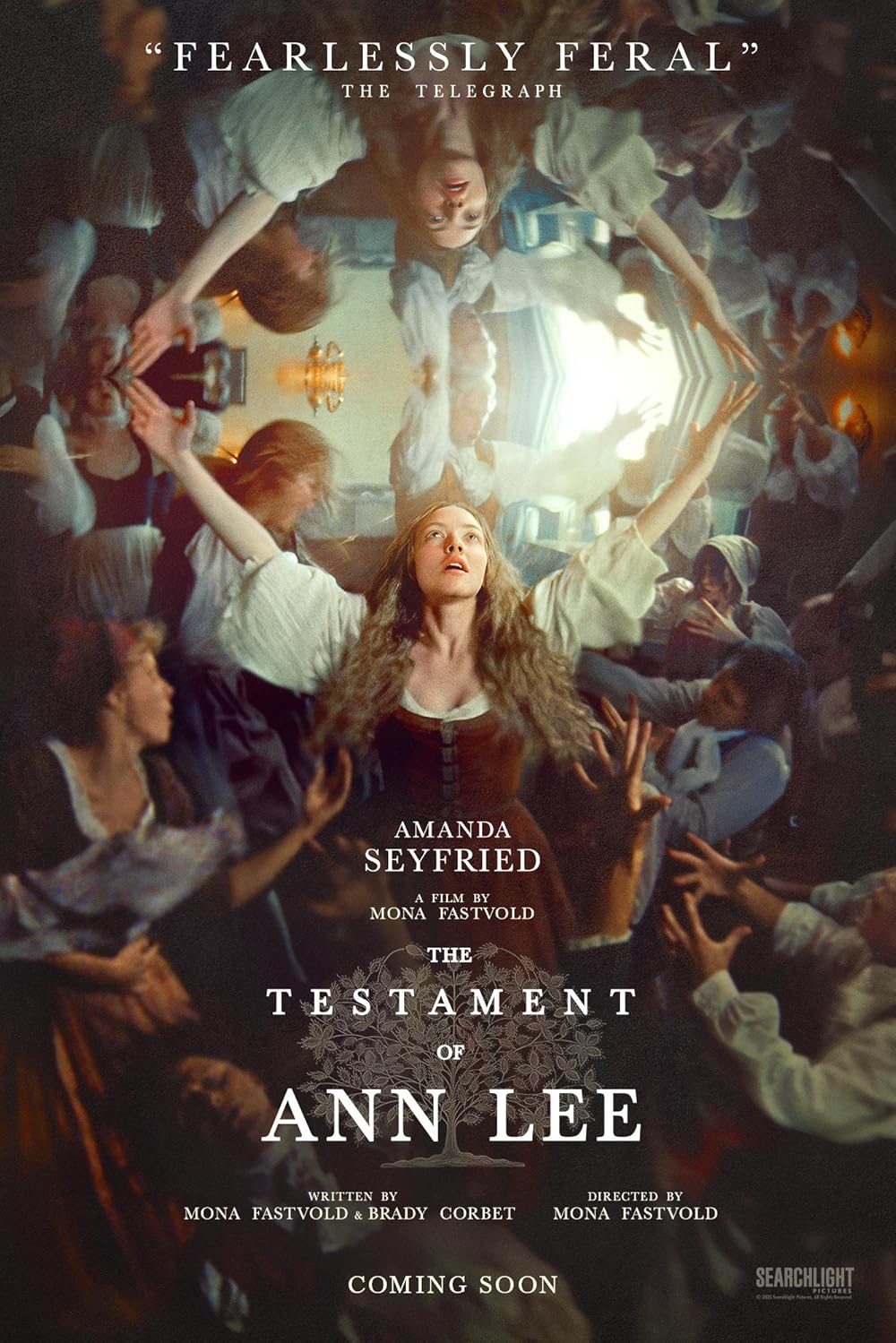 |
December 19, 2025


 |
December 12, 2025
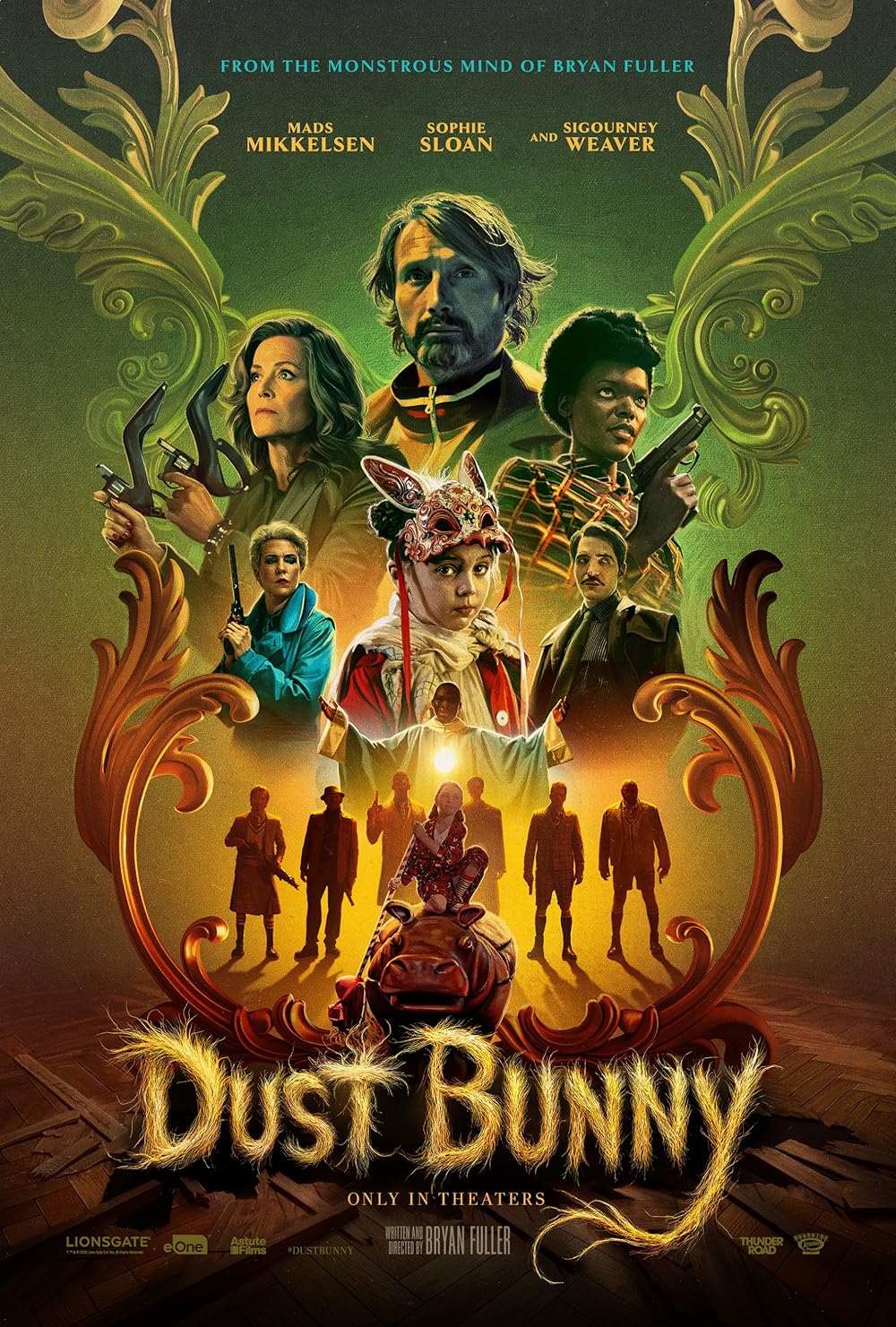
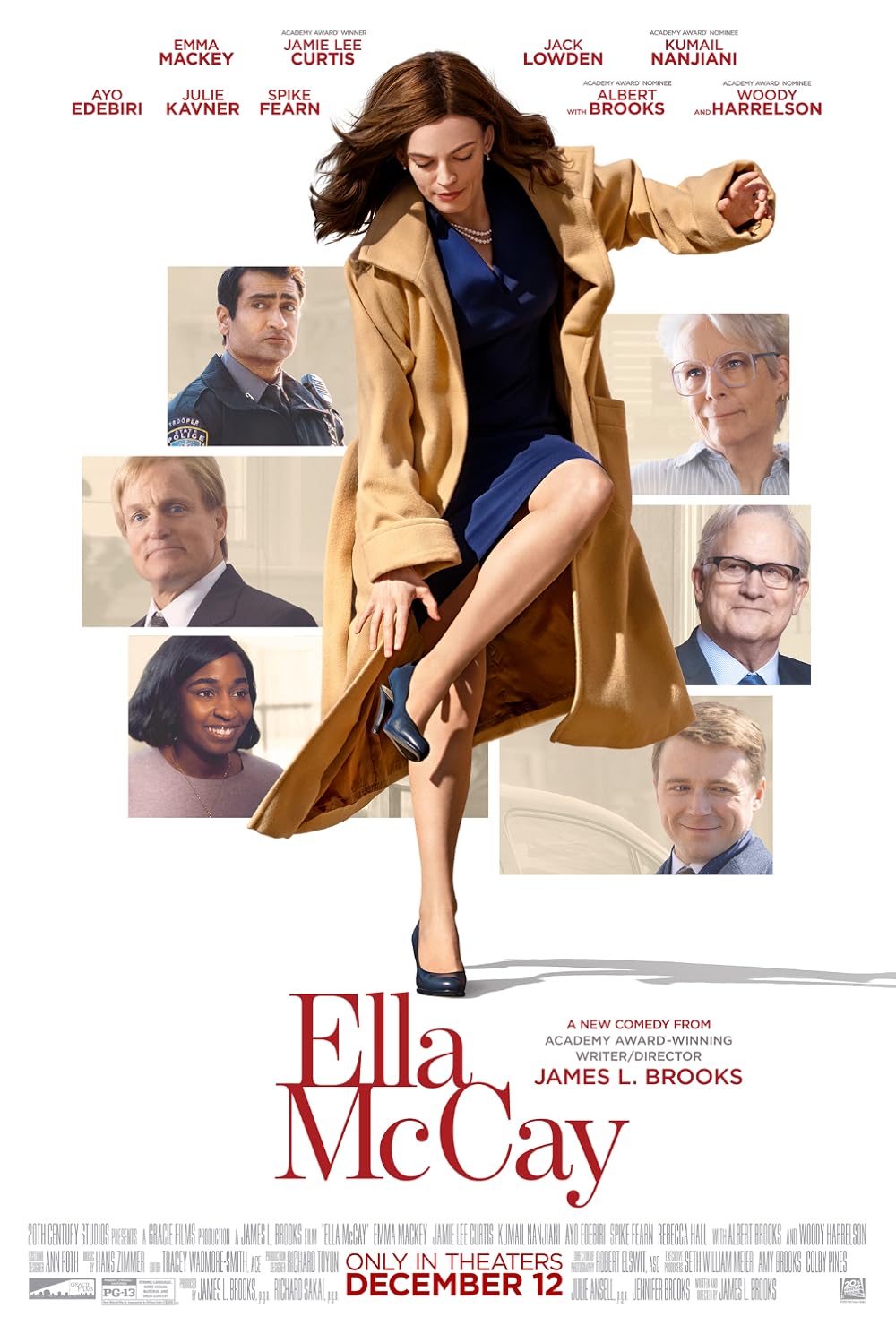
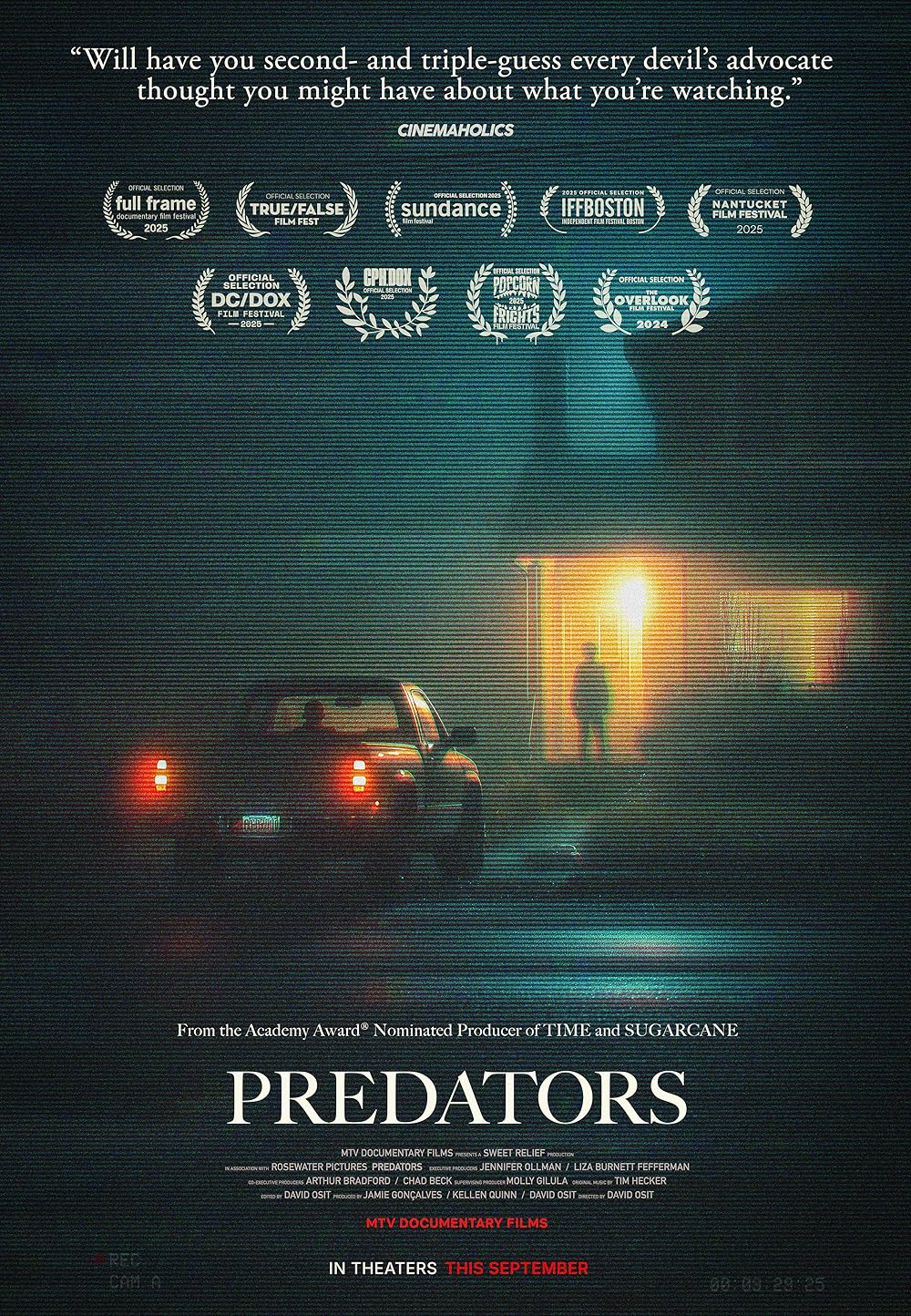
 |
December 5, 2025






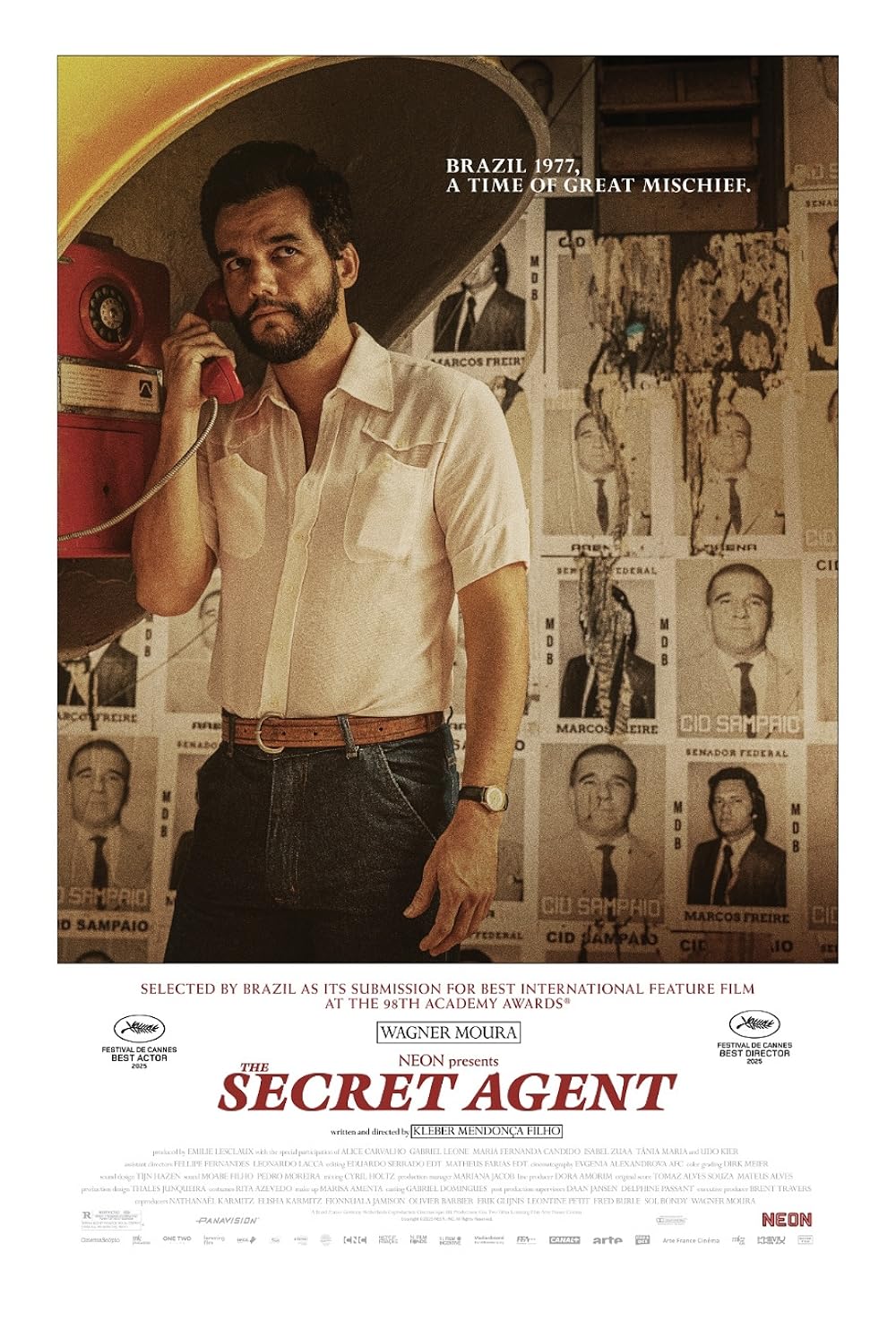 |
|
|
|
Vertigo
(1958)
Directed by
Alfred Hitchcock

Review by
Zach Saltz
Theodor Reik
tells us that the supreme goal of human love, as of “mystical love,” is
identification with the loved one.
A romantic relationship between two people is defined as a unit,
a single cohesive bond.
The
very act of sexual intercourse involves two bodies forming a harmonious
single figure; any fan of Gothic literature knows that the most enduring
love scene of the genre is between Cathy and Heathcliff, when Cathy
quietly tells herself that she, herself, is Heathcliff.
The
perception becomes difficult when we consider how a woman’s identity is
inherently shaped by the man who controls her.
This is not a two-way street, however; the man, bequeathed in
Apollonian brute and intellect, is the proprietor, not the consumer.
She is his pawn, and in
Vertigo (1958), she lives and breathes not in her identity, Judy,
but in the identity the man she loves wants her to become -- that of
disillusioned and troubled Madeleine, who herself is possessed by the
dead spirit of Carlotta.
Judy becomes Madeleine because Scotty tells her so, and Madeleine
becomes Carlotta because Gavin tells her so.
What is unaccounted for, however, is the paralyzing effect this
has on the viewer; are we watching a psychological thriller, a murder
mystery, or a perverse, voyeuristic tale of sexual fantasies?
What
Vertigo isn’t, simply, is the
story of a man who falls in love with three different women all
contained within the same body; it’s something much more elusive and
abstract, like the dream sequence midway through the film (a hallmark of
Hitchcock seen in some of his other films).
Perhaps the dream provides the necessary evidence to explicate
the meaning of the film; for that sequence provides the barrier in
between a routine detective procedural (man stalks woman hoping to find
catalyst to her insanity) and surrealist painting (man attempts to
reincarnate sentimentalized vision of fractured beauty).
The dream transforms everything -- what is real, what isn’t, and
what we should truly be afraid of.
The central
theme of Alfred Hitchcock’s films is that of identity.
Whether it’s a deadly game of false identities (Notorious),
identities that should have remained secret (The
Man Who Knew Too Much), or complete amnesic submission into the
subconscious (Spellbound),
the Master of Suspense was obsessed with the concept that it is our
identity, and its subsequent loss, that creates the most terrifying and
chilling tales.
That
prospect may be frightening, but what is more disturbing, the
wonderfully gothic
Vertigo
suggests, is trying to dig up that very same identity which we have
lost.
One must
finally ask the question whether the film misogynistic in its
underpinnings.
I do not
think so, for a number of reasons.
First, the central psychological conflict -- that of a fear of
heights, or, vertigo -- renders the traditionally imperious male hero
incompetent and unable to control his sentimental emotions, something
traditionally attached to the diminutive female.
The ploy surrounding Madeleine’s idolatry of Carlotta is later
revealed to be a ploy with the purpose of duping fearful Scottie -- and
it works beautifully, of course.
There are
also many elements laced throughout
Vertigo that can be easily
mistaken for overt sexism.
For instance, the film is told almost completely from Scottie’s
perspective, and the one scene presented from Judy/Madeleine’s viewpoint
-- the revelation concerning the murder -- is quickly torn up into
pieces.
Hitchcock is not
suggesting that the woman’s perspective is unimportant; it’s almost the
complete opposite.
In this
scene, we are shown the raw reality, unencumbered by male sexual drives
of grandeur and fantasy.
The woman wants the truth, however much it may hurt, and she knows that
the man will not be able to accept it.
By tearing up the past, she is protecting herself against the
anger and manipulation of the man who only thinks he knows what he’s
dealing with.
The film’s
palette may suggest another facet beneath the façade of convention.
Hitchcock uses vibrant reds to exclamate traditional sensuality
expressed in the color; when we first glimpse the rapturous figure of
Judy/Madeleine, her surroundings are drenched in red, pulsating blood
from the veins into the heart.
The opening images, undoubtedly influenced by the electric pop
art modes of the emerging French New Wave, focus on the jigsaw-like
puzzle of a woman’s visage, perpetuating radiant sensuality and shades
of green and grey, however, are Hitchcock’s reality; for even in the
transcendent first image of Judy/Madeleine, she is wearing a green
dress, and in the unforgettable shot of Judy/Madeleine in the grey suit,
beneath the green fog.
Perhaps the
final curiosity of
Vertigo is
the character of Midge.
Her
purpose in the film is unclear; she is not Scottie’s secretary or love
interest or really any sort of vital character rendering a major effect
on the outcome of the story.
The only way we can assess her is by labeling her Scottie’s “best
buddy”, an archetype confined nearly inseparably to someone of the same
gender as the hero.
Midge,
though quietly sexy, is polymorphously androgenic, appropriately labeled
“boyish yet motherly” by Karen Hollinger.
Her playful banter with Scotty suggests a sexually ambiguous
persona, but it isn’t until she paints her head on the body of Carlotta
(in a scene Dali would appreciate) that we learn of her longing for
Scotty.
But she will never
be recognized because her sexuality is too quiet, to say the least.
The only red she wears are in the rims of her eyeglasses.
But is this all she serves?
Or does Midge really hold the keys to something more integral to
the story than we may think, on the surface?
Rating:

# 63
on Top 100
|
|
New
Reviews |
Reactions to the Nominations

Written Article - Todd |
2026 Oscar Predictions: Final

Written Article - Todd |
Todd Most Anticipated #5

Podcast Featured Review |

Podcast Review - Todd |

Podcast Review - Terry |

Podcast Review - Zach |
10th Anniversary
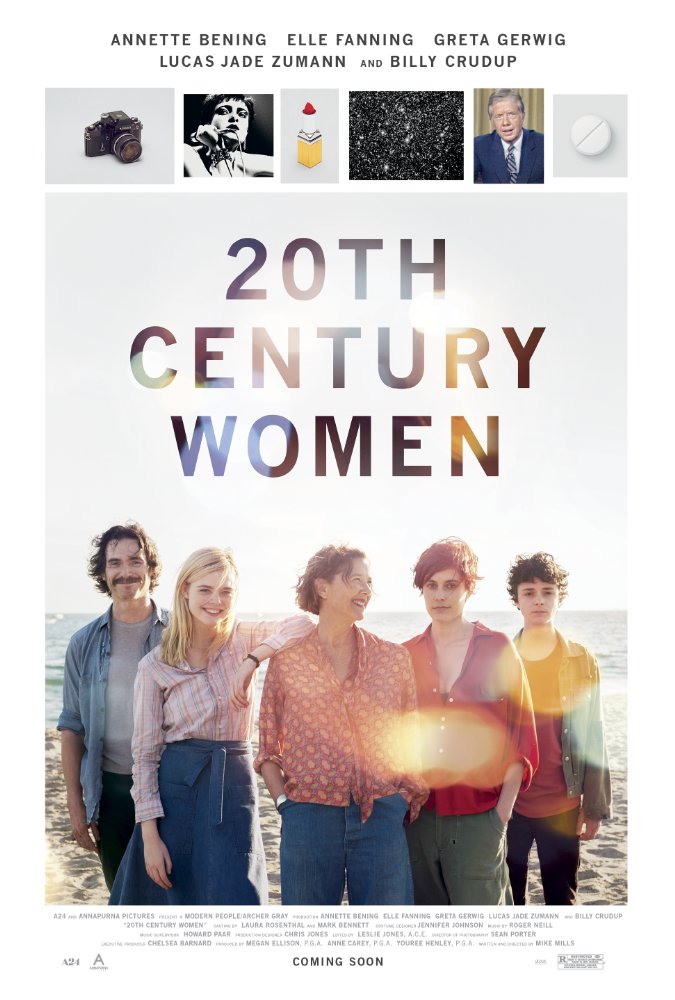
Podcast Oscar Review - Terry |
Director Blindspot Watch
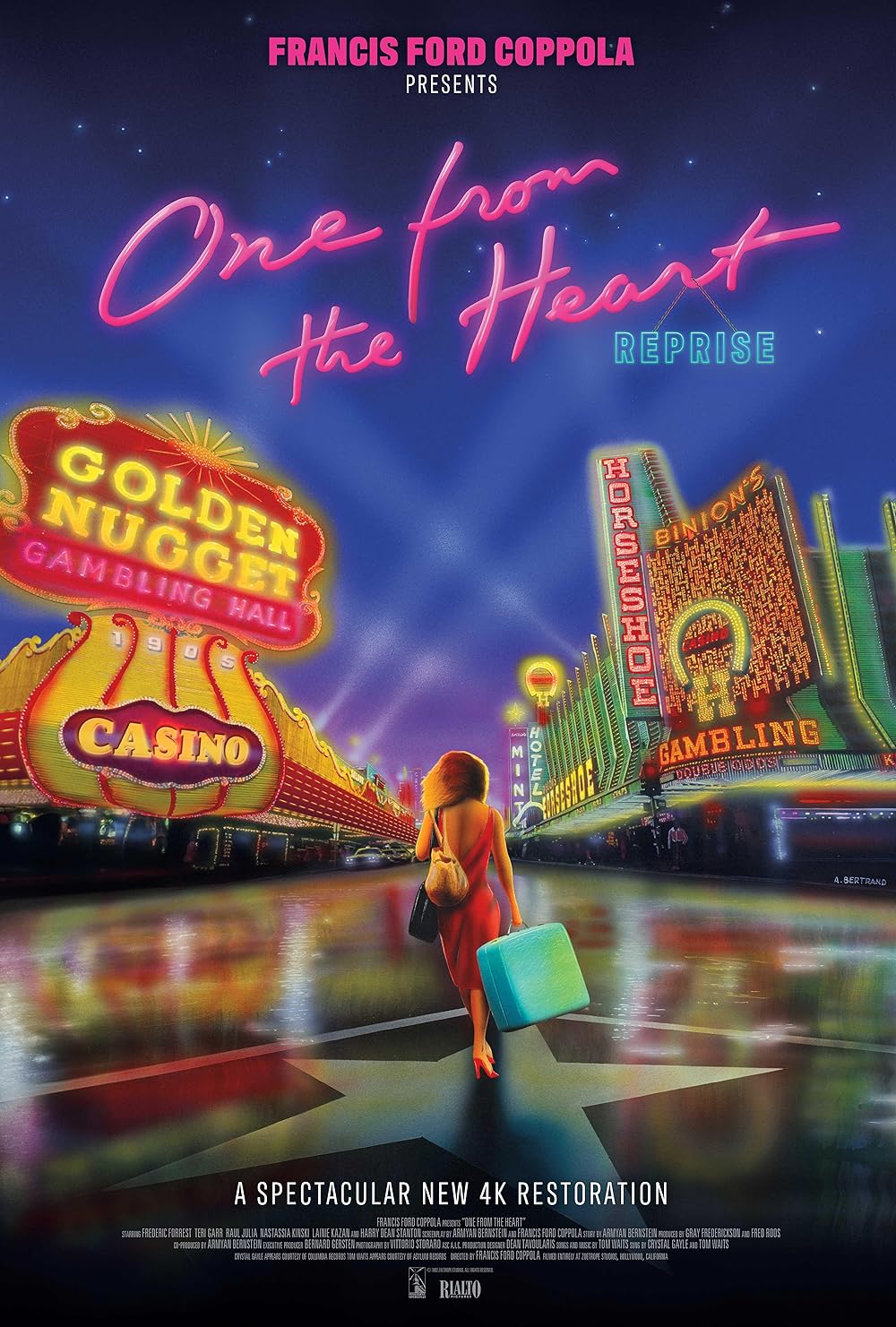
Podcast Review - Todd |
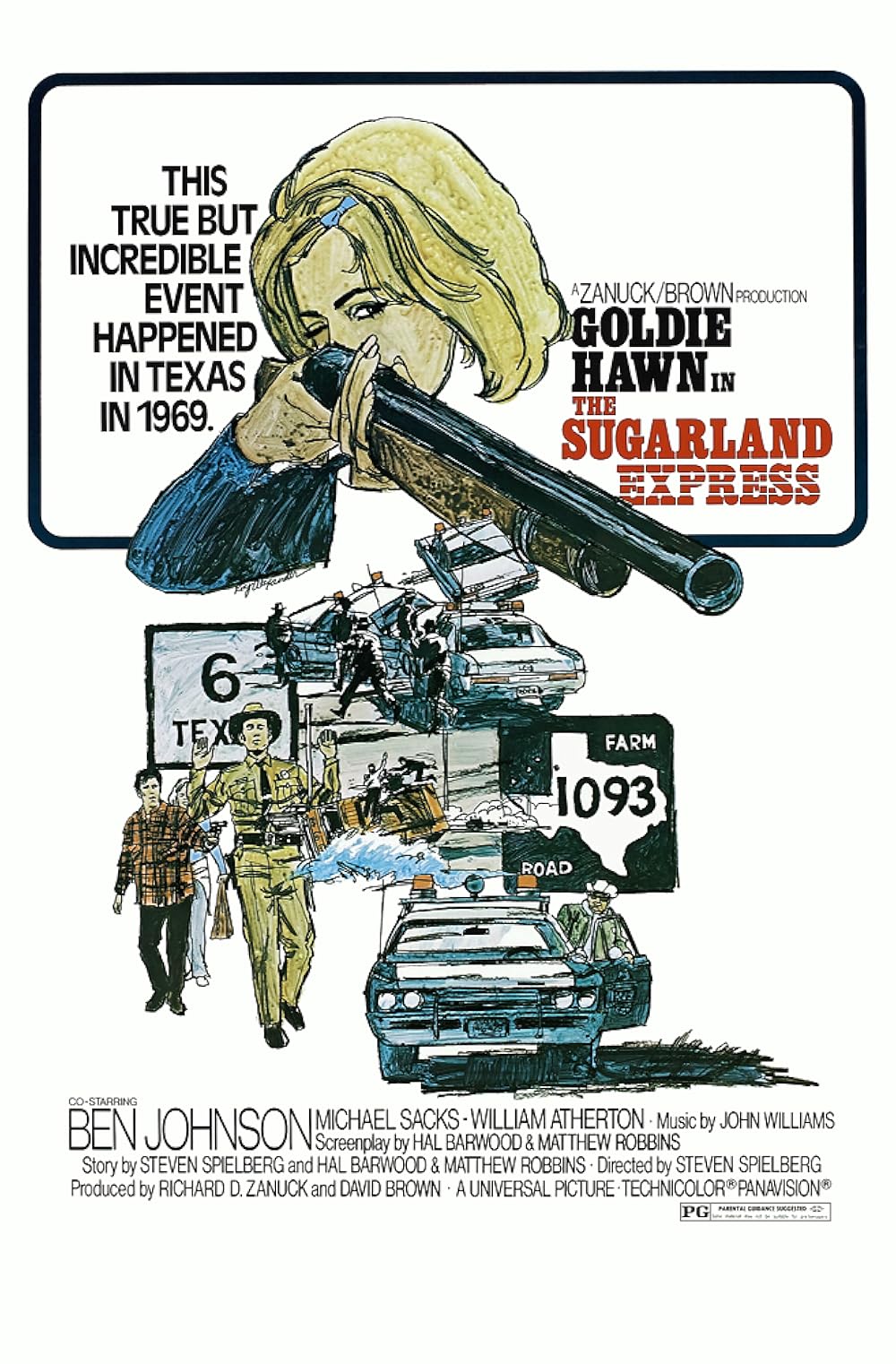
Podcast Review - Zach |
Ford Explorer Watch
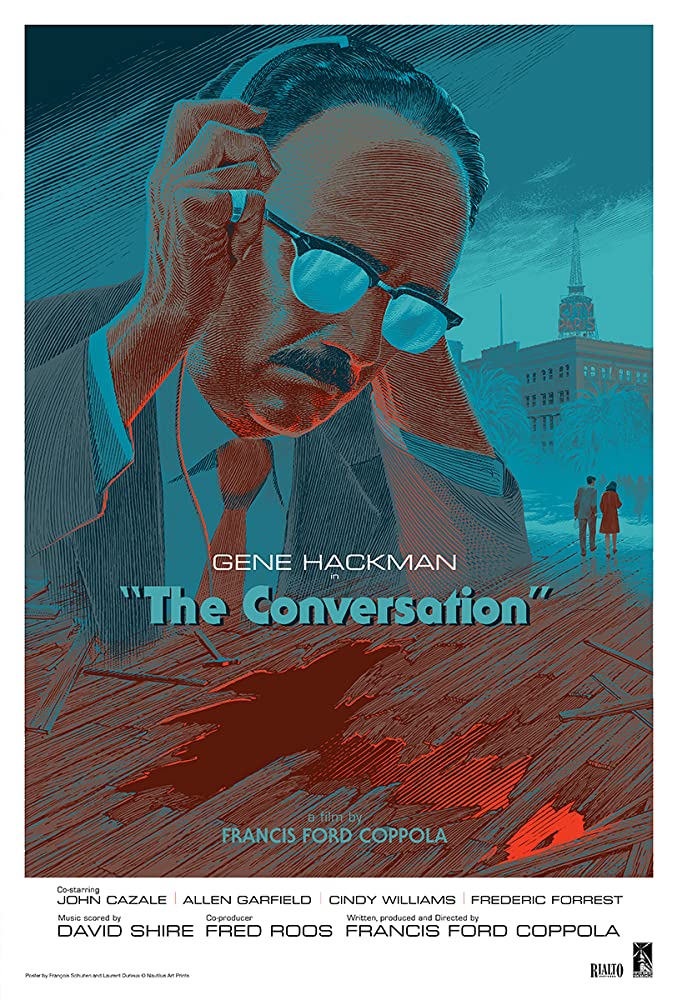
Podcast Review - Adam |
2027 Oscar Predictions: Jan.

Written Article - Todd |
Terry Most Anticipated #2

Podcast Featured Review |

Podcast Review - Terry |

Podcast Review - Zach |
20th Anniversary

Podcast Oscar Review - Terry |
Ford Explorer Watch

Podcast Review - Adam |

Podcast Trivia Review - Adam |
Director Blindspot Watch

Podcast Review - Todd |

Podcast Trivia Review - Todd |
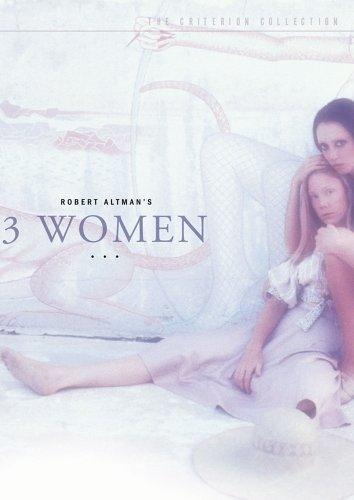
Podcast Trivia Review - Terry |
25th Anniversary

PODCAST DEEP DIVE |

Podcast Featured Review |

Podcast Review - Adam |

Podcast Review - Terry |

Podcast Review - Terry |
Indie Screener Watch

Podcast Review - Todd |
|
|
|